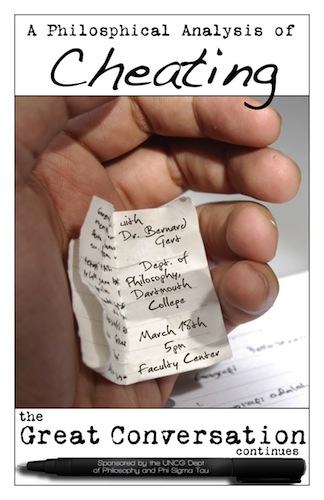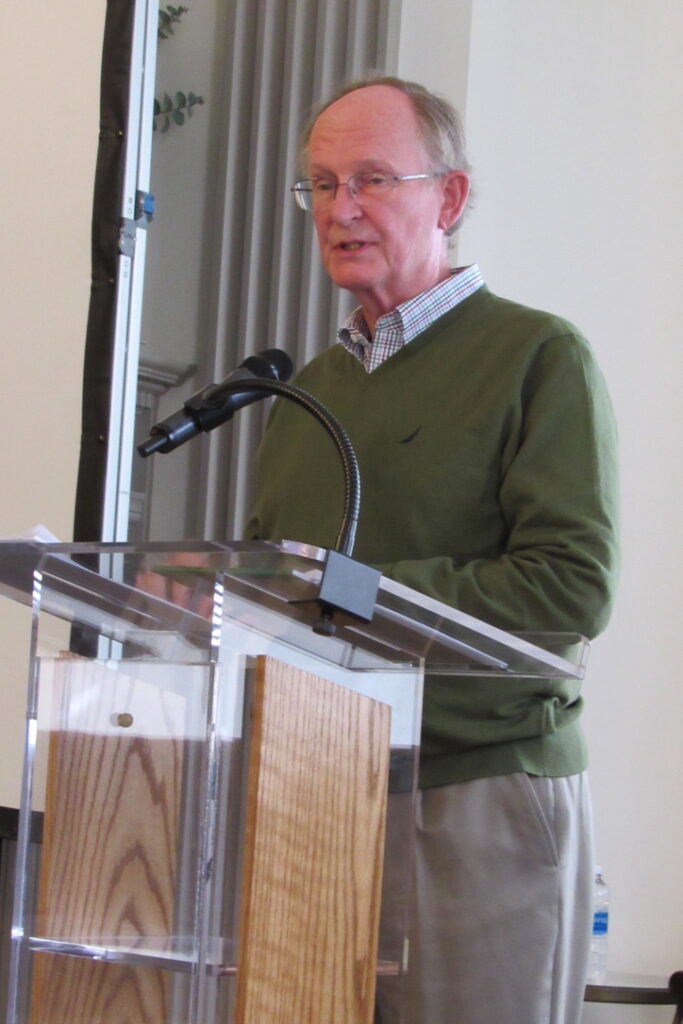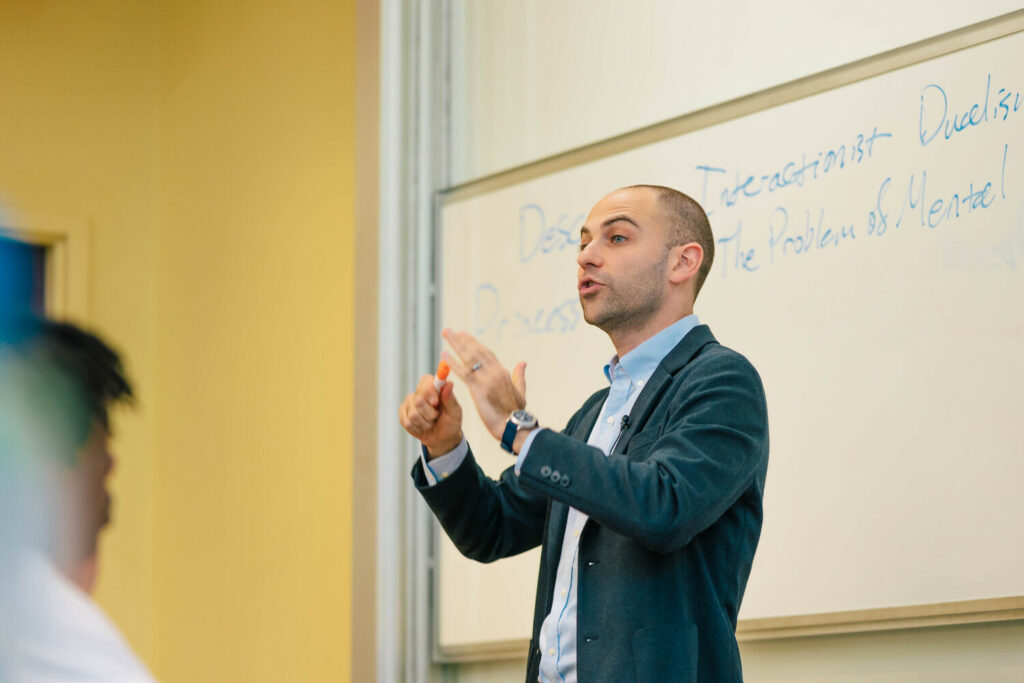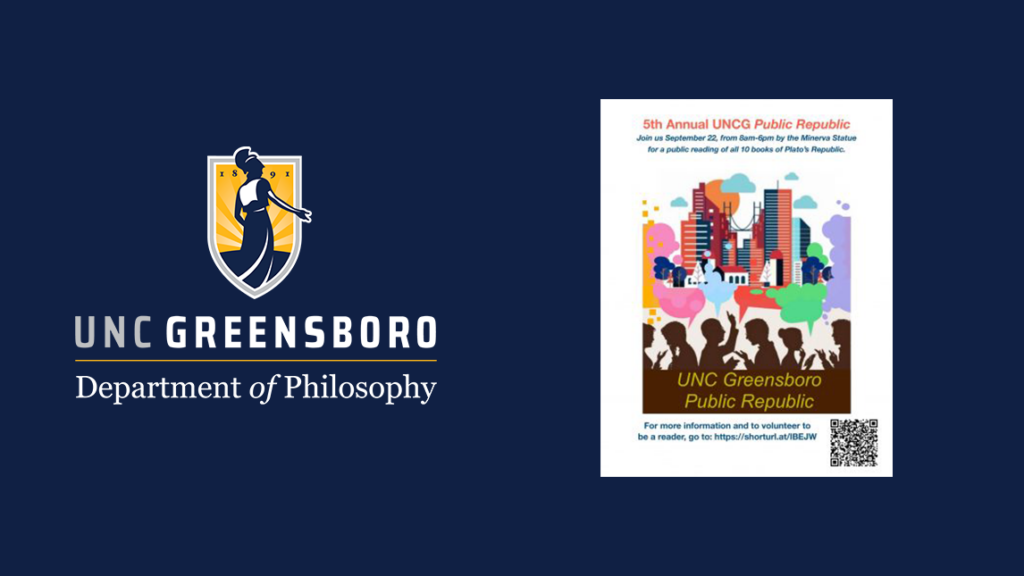The Great Conversation Continues with
Dr. Bernard Gert
It is surprising, and a little disheartening, that very few philosophers who are involved in teaching applied and professional ethics are concerned with the concept of cheating, for this topic involves their own profession. The failure to examine the concept of cheating may be due to the view that an analysis of cheating is unnecessary because cheating, like lying, is simply a subclass of deception. Alternatively, the view that an analysis of cheating is unnecessary may be based on the view that cheating is only a special case of breaking one’s promise. Most cheating does involve deception and so cheating may seem to necessarily involve deception. Cheating also seems to be closely related to breaking a promise; although to account for most cases of cheating, it must be the breaking of an implicit promise. In order to show the inadequacy of both of these views requires an analysis of the concept of cheating.
Dr. Bernard Gert, Dartmouth College Dept. of Philosophy,
will lead a philosophical analysis of cheating.
March 18th, Faculty Center, 5:00 pm
The Great Conversation is sponsored by the Philosophy Dept and Phi Sigma Tau and offers an opportunity for students and faculty
of all disciplines to join us in philosophical inquiry.
Bring your good mind and bring a friend!




